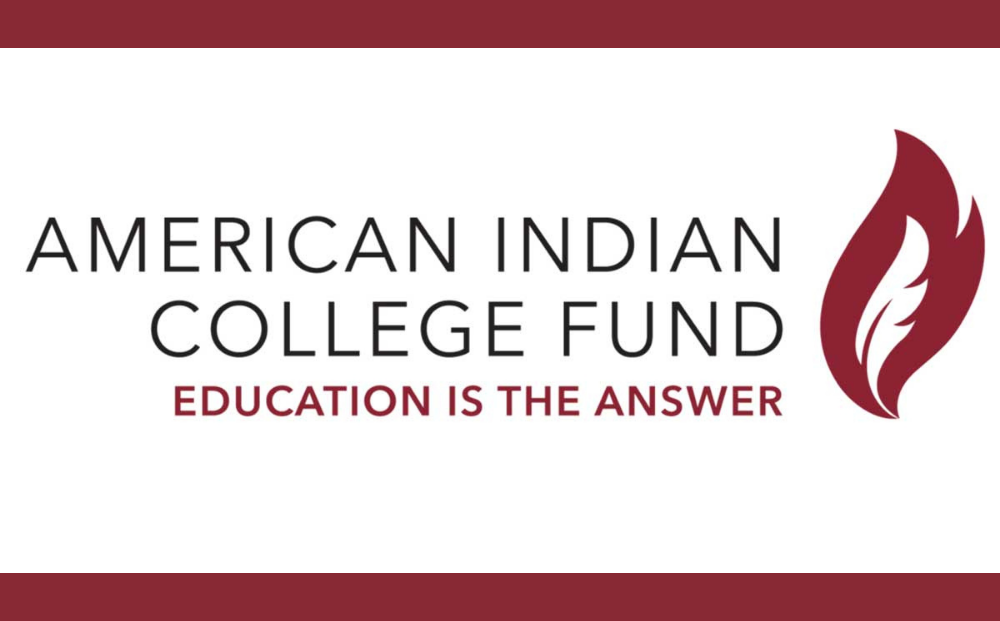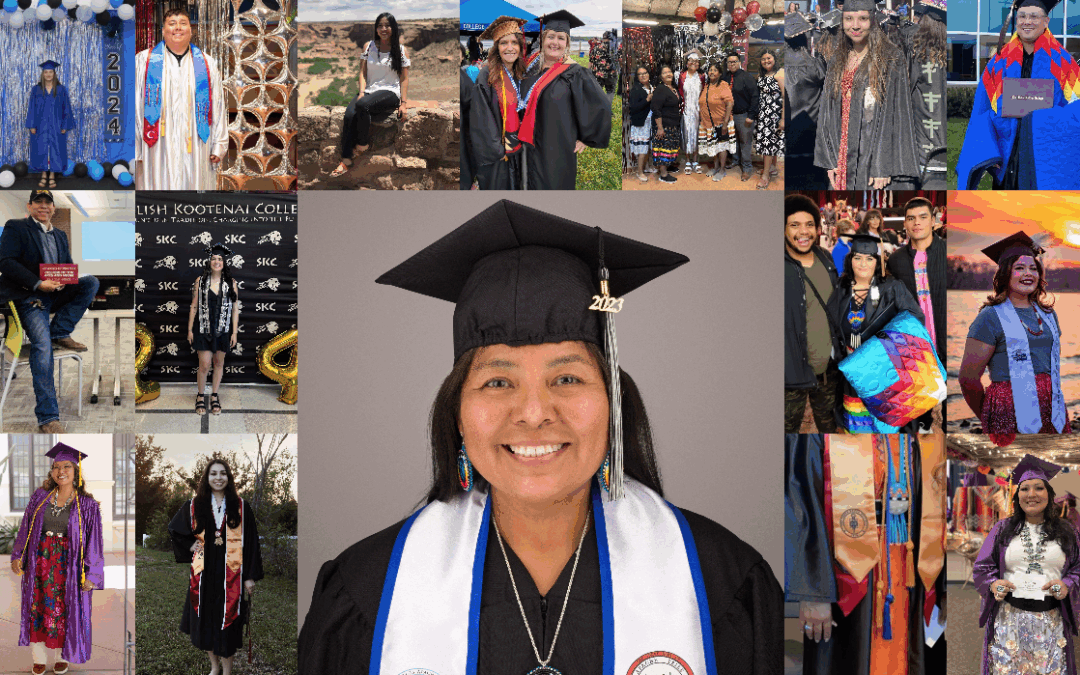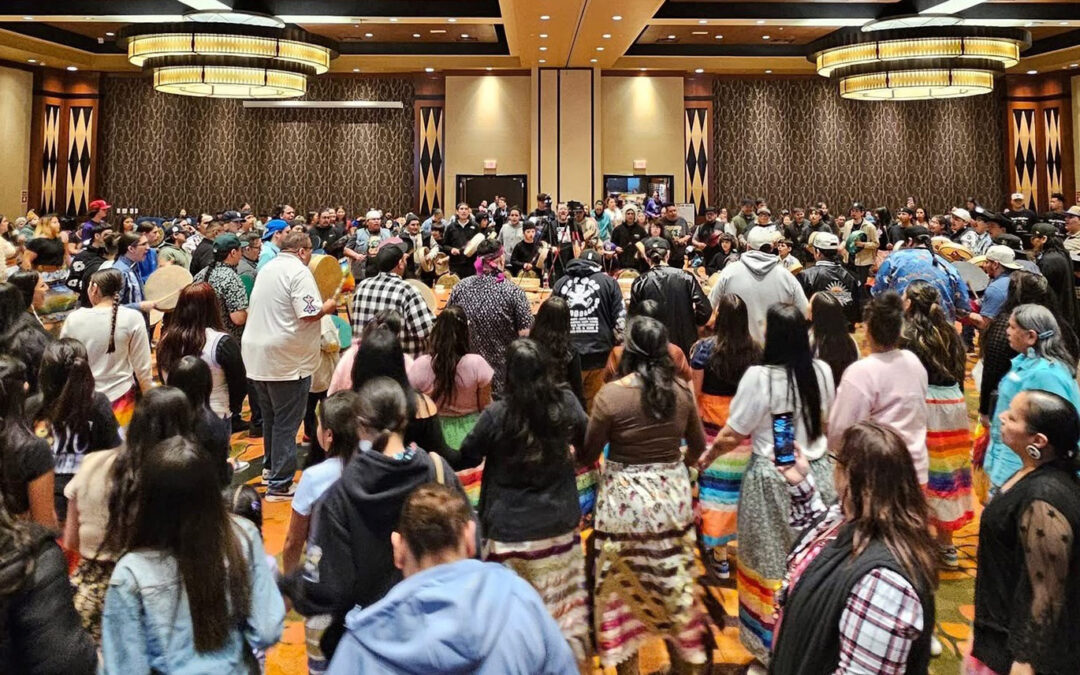November is Native Heritage Month. Thanksgiving is often referred to as a time when Indian people came together with the Pilgrims, however, it was commonplace among Indian nations and communities before the Pilgrims arrived. It is possible that the Pilgrims’ celebration coincided with an Indian second harvest known as “Indian Summer,” which usually occurs during a period of warmth after a frost. A thanksgiving ceremony usually followed.
The first Thanksgiving was a difficult time for Indian communities. Many nations were grappling with the devastation caused by diseases such as smallpox, and many were already extinct.
The Pilgrims’ Thanksgiving celebration is a part of everyday lore in America. Schoolchildren learn the story of Squanto, a Patuxet brave who helped the sick and starving Pilgrims survive their first harsh New England winter. But few Americans know the details of Squanto’s sad life.
In 1605, a young Patuxet boy named Tisquantum, later known as Squanto, was hunting when he spotted an English merchant ship anchored off of the coast of Plymouth, Massachusetts. Squanto’s life would be changed forever.
Captain George Weymouth invited Squanto and four other tribesmen aboard. The boys were chained and taken to England to allow Weymouth’s financial backers to meet some Indians. Squanto was forced to live with Sir Ferdinand Gorges, owner of the Plymouth Company. Gorges taught Squanto to speak English to communicate and negotiate trade deals for the English.
In 1614 Squanto returned to America to assist in mapping the New England coast, but in a twist of fate, Squanto was kidnapped again, along with 27 others. They were taken to Spain and sold as slaves. Local priests freed the young Indians and baptized them. Squanto found his way back to England and bargained for his passage home, where he returned in 1618.
At home, Squanto was recognized by one of Gorges’ captains, captured a third time and sent back to England. Gorges promised Squanto his freedom in exchange for returning to New England to finish mapping the coast. In 1619 Squanto returned to his village found it deserted. His entire tribe had been wiped out by disease two years earlier.
After gaining his freedom, Squanto moved in with the nearby Wampanoag tribe, ruled by Chief Massasoit. While there, the Pilgrims made their voyage to the coast of Plymouth in November of 1620, and founded a new settlement. Squanto, against the wishes of local tribes, befriended the Pilgrims.
On March 22, 1621, Chief Massasoit sent Squanto to the Pilgrims’ settlement to negotiate a peace treaty between the Wampanoag Confederation of tribes and the Pilgrims. A year and a half later, Squanto succumbed to smallpox during a trading expedition.
Indians didn’t just change history with Squanto’s generosity. Indians have also given through their contributions in horticulture, medicine, and science. It is easy to forget about the gifts the Indians made in the earliest years of our country. There was conflict, but there were also relationships that helped lay our country’s foundations.
My people, the Lakota, believe that we are all related. I hope we remember that all of our fates are intertwined. That is the legacy of the Indian people–one that we can all enjoy. I hope this month you will take time to reflect upon some of the contributions that American Indians have made to this great country.










